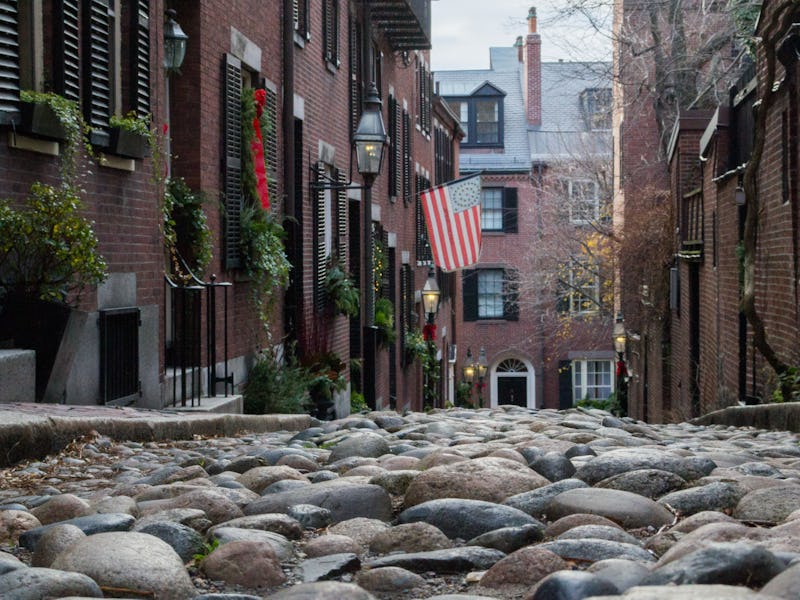Autonomous Cars Face Their Biggest Challenge Yet: Boston, Mass

Who says you can’t go home? NuTonomy, a self-driving vehicle company that got its start at the Massachusetts Institute of Technology, announced this week that it will begin testing its autonomous cars on Boston streets in the next few weeks.
Tests will start at the city’s Raymond L. Flynn Marine Park, where the self-driving cars will “learn local signage” and gain a “deeper understanding of pedestrian, cyclist, and driver behavior and interaction across a complex urban driving environment.” NuTonomy said it hopes to expand the area in which it is allowed to research the autonomous vehicles in the future.
NuTonomy’s tests will rely on Renault Zoe electric vehicles. Those cars will be outfitted with a “state-of-the-art software system” that uses “high-performance sensing and computing components” to “enable safe operation without a driver.” The company doesn’t make the car; it simply develops the tools that will allow them to drive themselves around Beantown.
Debuting in Boston will allow the company to build on what it’s learned from public road tests in Singapore, where it introduced the world’s first self-driving taxi service in August.
Nutonomy hopes to launch a commercial autonomous taxi service in 2018.
“These tests in the City of Boston will enable our engineers to adapt our autonomous vehicle software to the weather and traffic challenges of this unique driving environment,” NuTonomy CEO Karl Iagnemma said. “Testing our self-driving cars so near to NuTonomy’s home is the next step towards our ultimate goal: deployment of a safe, efficient, fully autonomous mobility-on-demand transportation service.”
Driving in Boston Can Be a Nightmare
Calling Boston a “unique driving environment” might be an understatement. Streets in the oldest areas of the city were designed during the Colonial period. The city’s drivers are also statistically unsafe: Auto insurer Allstate reported in its “America’s Best Drivers 2015” that Boston’s drivers are 157 percent more likely than the national average to get in accidents, which makes them the worst drivers in the United States.
That distinction partly stems from the environment, because Boston is densely populated and has worse weather than other cities. But the issue could also stem from driver personality — Massachusetts is so well known for its temper that the Oxford English Dictionary officially recognized “masshole” as a word when it was updated in June 2015.
This problem could be exacerbated by human drivers egging on NuTonomy’s autonomous vehicles. A survey of 12,000 Europeans found that people might drive recklessly around in self-driving cars because they expect them to handle dangerous situations better than human drivers would.
They’re right: Elon Musk said Tesla’s’s Autopilot could save 500,000 lives a year after a fatal crash tarnished the not-quite-autonomous feature’s reputation.
The U.S. Department of Transportation agrees. It said in October that “the vision of zero road deaths and serious injuries can be achieved in the next 30 years” as more “automated vehicles and advanced technologies” start to hit American streets.
That future can only come about if companies develop smarter self-driving vehicles, which is where cities like Boston come in. They can make their own rules for autonomous vehicles, so Boston can support NuTonomy’s research while Pittsburgh lets Uber test its tech.
States can also set their own standards for autonomous cars. California Governor Jerry Brown announced in September that self-driving vehicles could be tested on public streets. And Michigan will soon allow for autonomous car testing without a human in the car.
Combine that with federal guidelines published in September by the National Highway Traffic Safety Administration (NHTSA) and it becomes clear that self-driving vehicles are going to become increasingly popular. It’s now a matter of “when” they will come to a new place, not “if.”
Learning how to navigate a bustling, often-congested city like Boston will be a big win for autonomous technology. If the vehicles can survive “massholes,” they can probably survive anywhere.